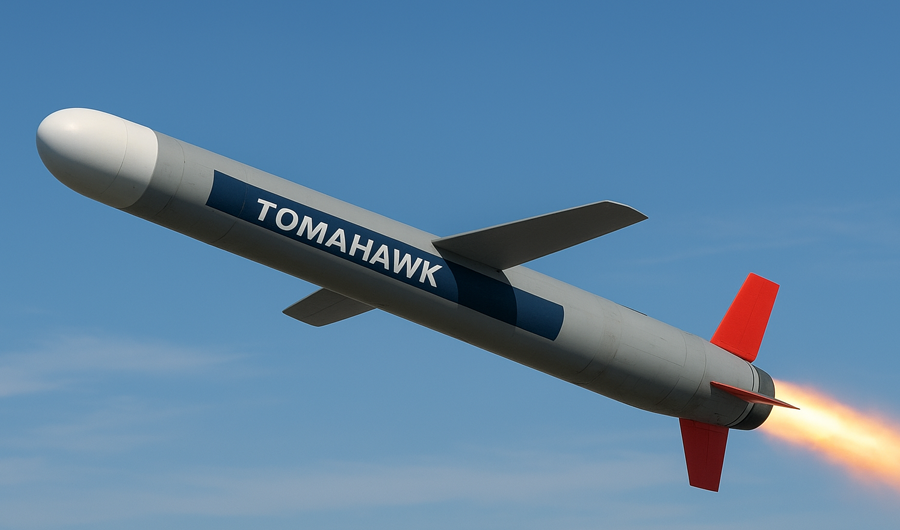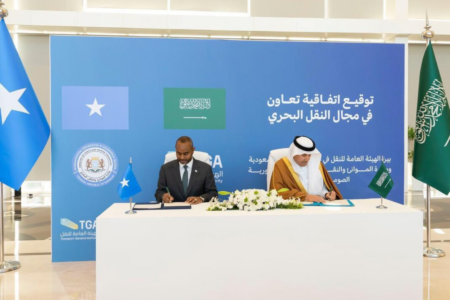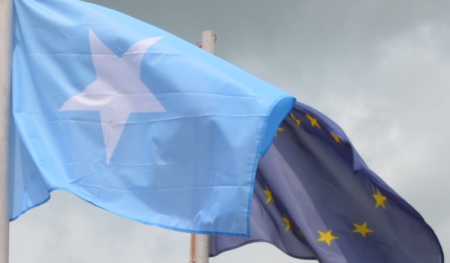Turkey’s secret ambition in Somalia, Turkey’s alleged construction of a secret space base in Somalia, signals a deeper military agenda disguised as scientific cooperation. Reports suggest the facility aims to expand Turkey’s missile range and surveillance capabilities in East Africa.
This development risks turning Somalia into a testing ground for Turkish defense ambitions, undermining its sovereignty and intensifying regional geopolitical tensions.
TURKEY’S SECRET AMBITION IN SOMALIA: THE ALLEGED SPACE BASE
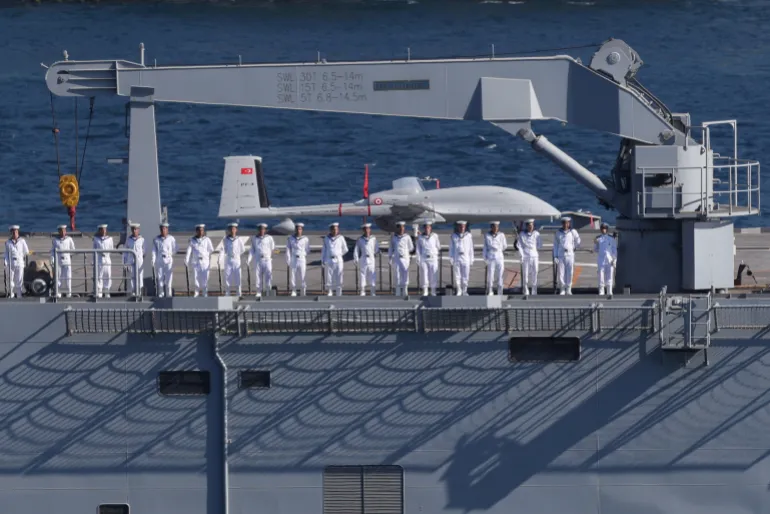
Turkey’s secret ambition in Somalia, recent claims by Israel Hayom that Turkey is secretly constructing a space base in Somalia have sparked widespread geopolitical concern. Officially, the facility is described as a “space research and communications hub,” but intelligence sources suggest that its true purpose may extend far beyond peaceful scientific endeavors. The base’s location along Somalia’s southern coast, with direct access to the Indian Ocean, offers Turkey a strategic platform for testing long-range missile systems, satellite launches and surveillance operations across East Africa and the Arabian Peninsula. This development represents a dramatic expansion of Turkish influence in Africa, building on its growing presence through trade, humanitarian aid, and military cooperation agreements with Mogadishu.
Read also: TECHNOLOGY AND E-COMMERCE DATABASE
The alleged base also reflects Turkey’s broader ambitions to assert itself as a global power independent of Western alliances. By embedding a deep military footprint in Somalia, Ankara not only strengthens its access to the Red Sea and the Gulf of Aden but also positions itself to challenge regional rivals like the United Arab Emirates and Egypt. The “space project” narrative provides a convenient cover for advancing military research, collecting regional intelligence, and developing missile capabilities that could alter the balance of power in the Horn of Africa.
SOMALIA’S SILENT STRUGGLE
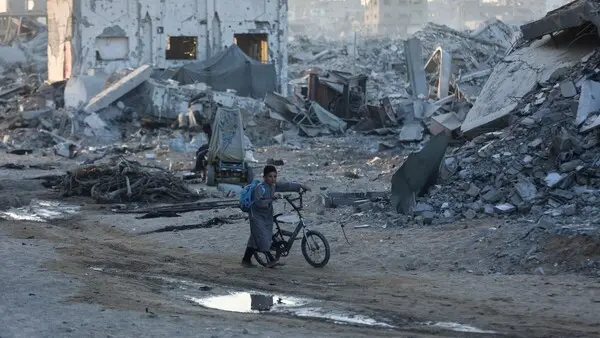
Turkey’s secret ambition in Somalia, Somalia, a nation still recovering from decades of civil war and political instability, has become increasingly dependent on Turkish economic and military support. Turkey has built hospitals, schools and infrastructure in Mogadishu, earning public gratitude and political access. However, behind the façade of partnership lies a growing asymmetry, Somalia is being used as a testing ground for Turkey’s defense technologies and geopolitical ambitions. Turkish companies manage critical national assets, including airports and ports, while military advisors oversee the training of Somali troops under bilateral security agreements.
Turkey’s secret ambition in Somalia, this unequal relationship risks transforming Somalia into a de facto military outpost for Turkey. Reports suggest that Turkish drones and missile systems are already being tested in Somali territory under the guise of counterterrorism operations against Al-Shabaab. While such activities may strengthen Somalia’s security in the short term, they also undermine its sovereignty. The government’s limited capacity to oversee or regulate foreign military projects leaves it vulnerable to exploitation, turning its land and resources into instruments of another nation’s strategic agenda.
REGIONAL IMPLICATIONS AND THE PATH FORWARD
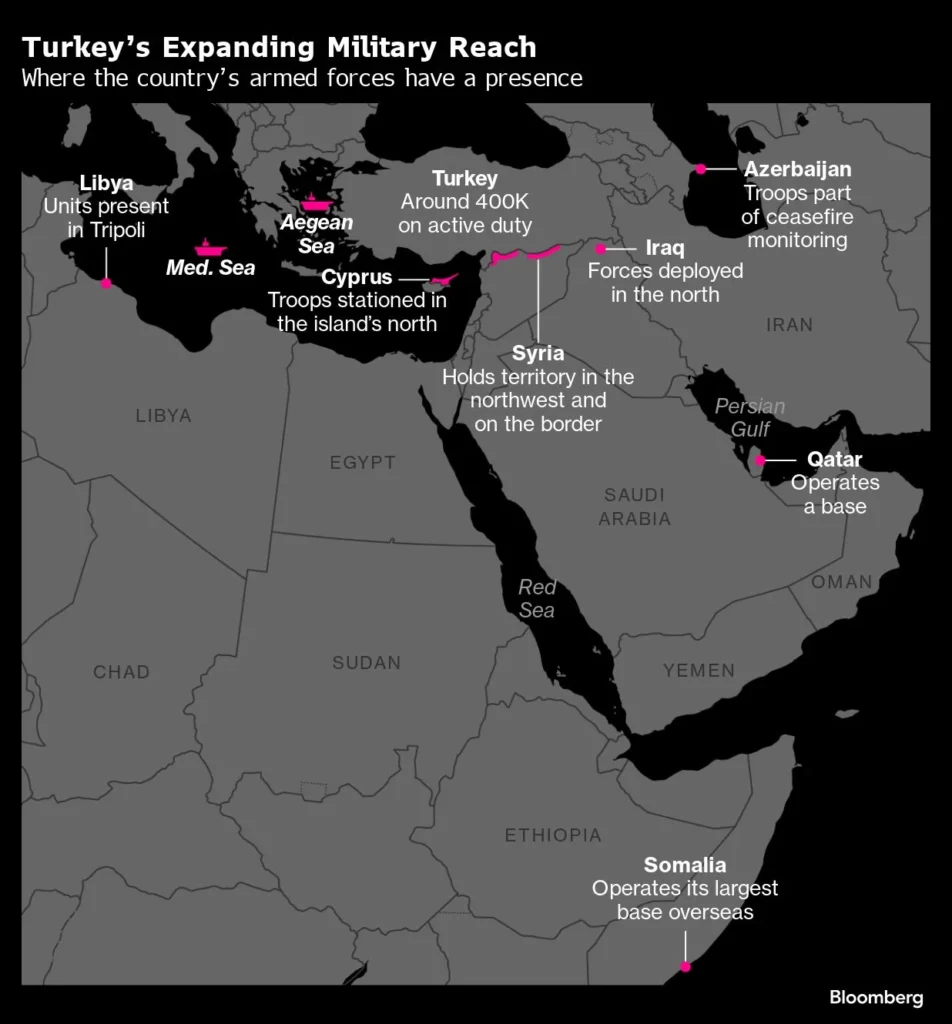
Turkey’s secret ambition in Somalia, Turkey’s covert activities in Somalia carry profound implications for the wider region. The Horn of Africa has become a geopolitical chessboard where global and regional powers, ranging from China to the UAE, compete for influence. If Turkey is indeed using Somalia as a missile testing or launch site, this would elevate regional tensions and invite countermeasures from neighboring countries and rival blocs. Such militarization could destabilize fragile security arrangements, fuel proxy conflicts and erode the fragile trust between regional governments. The potential deployment of missile technologies would also draw international scrutiny and possibly sanctions, isolating Somalia further.
Turkey’s secret ambition in Somalia, for Somalia, the path forward lies in asserting stronger control over foreign partnerships and demanding transparency in all military or technological projects conducted on its soil. The Somali parliament and civil society must play a more active role in scrutinizing bilateral agreements to ensure they serve national rather than external interests. If left unchecked, Turkey’s growing military footprint could trap Somalia in a new cycle of dependency and geopolitical manipulation. The country’s hard-won sovereignty must not be exchanged for temporary protection or infrastructure promises. In an era of renewed global militarization, Somalia must choose partnership over patronage and transparency over secrecy.




